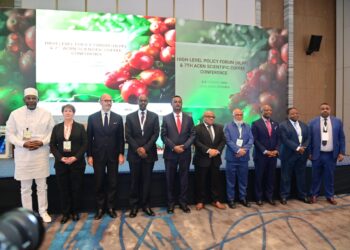Coffee chain Pret A Manger has reported a 10 per cent increase in sales for the 2024 financial year, following the announcement of a new medium-term strategy to accelerate growth in its home United Kingdom (UK) and international markets.
Worldwide sales across company owned and franchise stores reached £1.2 billion (US$1.6 billion) according to Pret’s most recent financial reports, which marks a 10 per cent jump from its FY2023 results.
Like-for-like (LFL) sales grew 2.8 per cent, while expansion meant it reached a total of 717 stores operating globally.
It also reported a 10 per cent sales growth in its H1 2024 financial report.
CEO Pano Christou says continued growth of the Pret brand will be defined by the value customers receive from its products.
“2024 was another year of growth for Pret, where we took disciplined decisions to protect sales, despite intense strains on the hospitality industry,” says Christou.
“Going forward our priority will be to drive transactions and sustainable growth by offering great value for money for Pret customers.
“Our focus will be on growing Pret’s market share in the UK and internationally, prioritising city centres and travel hubs.”
Its new strategy involves the trialling of ‘meal deals’ in Q4 2025 to increase its food-to-go market share, as well as doubling down on its Super Plates launch, which delivers larger salads for customers.
Pret also recently repositioned its coffee subscription offering, Club Pret, to offer customers 50 per cent off up to five barista-prepared drinks each day for £5 per month, a move that the company says allowed it to absorb £25 million (US$33.8 million) of inflation in labour, food, and operational costs.
It considers New York to be “the overseas capital” for Pret customers, with the US business now led by former Authentic Restaurant Brands and Restaurant Brands International Executive, Felipe Athayde.
Management considers 2024 to be the first year since the start of COVID with consistent trading data on which to base future forecasts, and is this year recording a non-cash goodwill impairment of £552.9 million (US$757 million).





